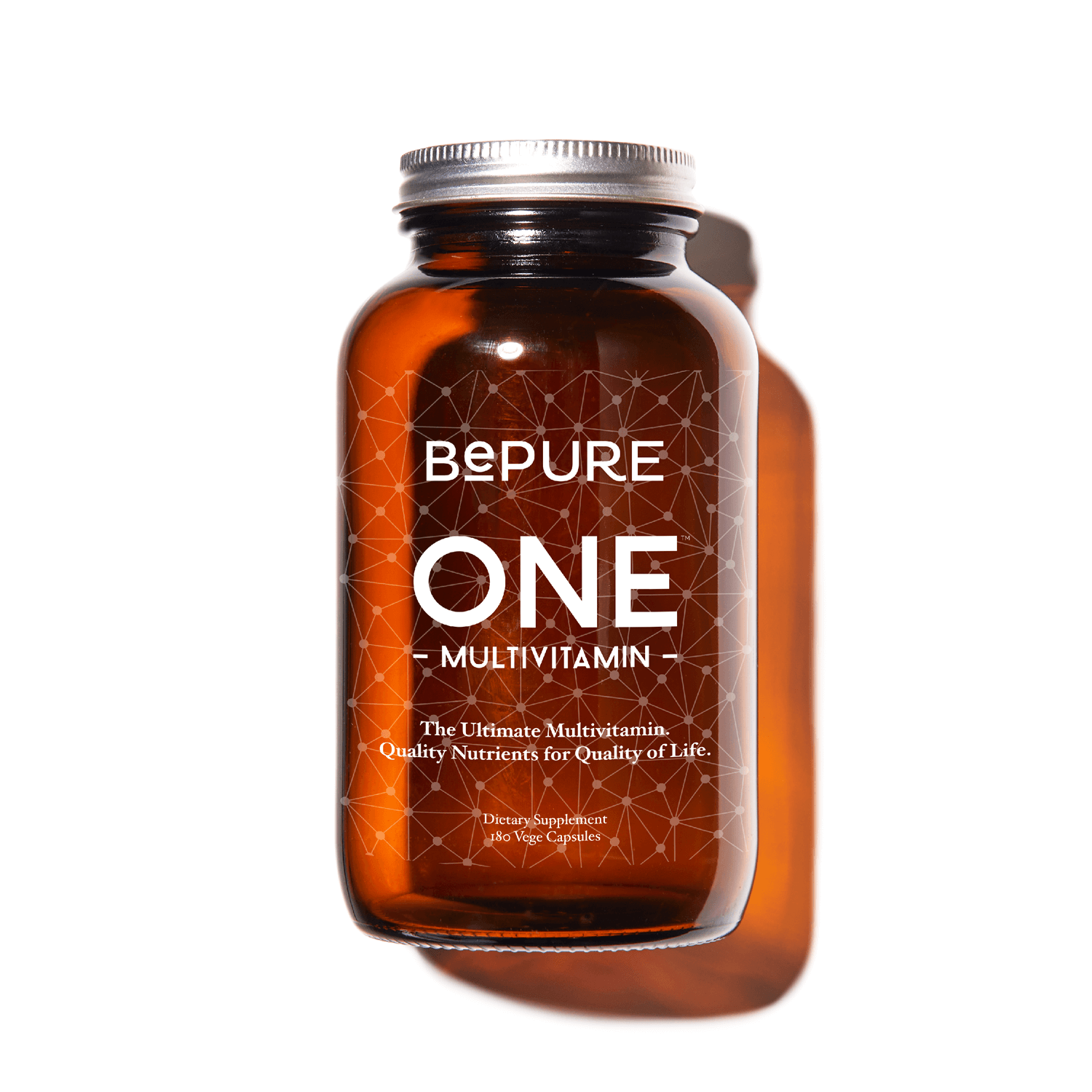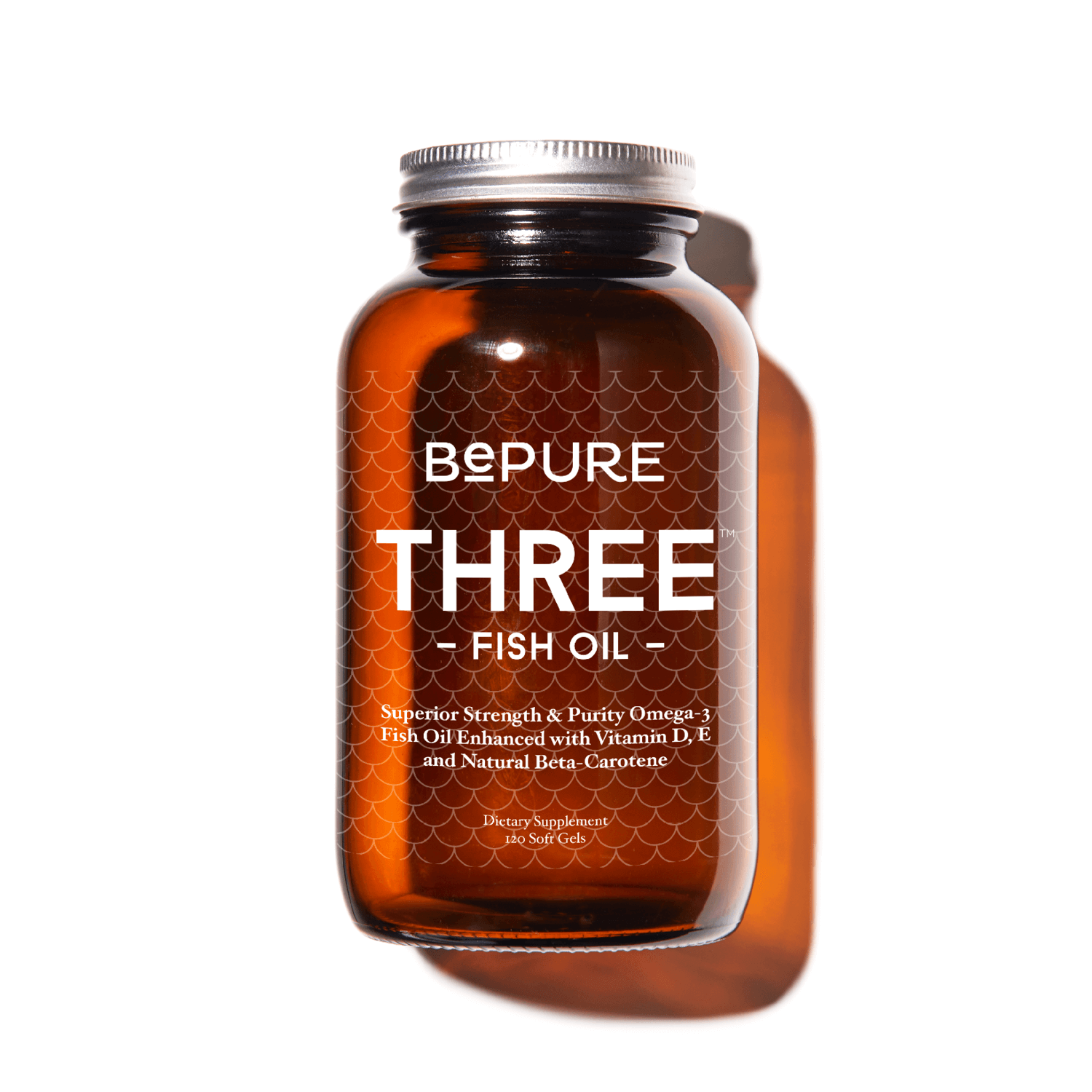We all know the routine. Your head hits the pillow, and your mind goes into overdrive.
Did I send that email?
Have the children got lunch for tomorrow?
Should I have made that comment?
Did I pay that bill...
You replay things over and over. Then you catch a glimpse at the clock, and the frustration starts to creep in.
Anxiety and sleep are intimately connected – the less sleep you get, the more anxious you feel.
If this feels familiar, you’re not alone. Anxiety and sleep are intimately connected – the less sleep you get, the more anxious you feel. And the more anxious you feel, the less sleep you get! It's a vicious cycle; one that many people who experience insomnia and/or anxiety find hard to break.
For some, sleep doesn’t feel like landing on the big fluffy white cloud – instead it’s a cause of stress, frustration and ultimate exhaustion.
Does a lack of sleep impact your mood and anxiety?
These days, getting a quality night’s sleep can feel a little stigmatised. In fact, in our desire to seem occupied and busy, we often end up proclaiming how little sleep we are get, like it's a badge of honour. But at what cost?
The relationship between mood dysregulation and quality sleep is complex. A negative mood can make getting a decent night's sleep challenging, as can frequently interrupted sleep. Both can lead to feelings of anxiety or depression. It’s not so much a case of what-comes-first, but rather the two going hand-in-hand.
Serotonin (our 'happy hormone') regulates our mood. This incredible hormone is also interestingly the precursor to melatonin (the hormone that is produced when we sleep). With low levels of serotonin, our bodies’ ability to convert serotonin into melatonin is hindered, which impacts our ability to fall (and stay!) asleep.
Stress and poor digestion are two common causes of low serotonin levels. Interestingly, 70-80% of our serotonin is actually synthesised in the gut, so ensuring your gut microbiome is healthy becomes a crucial component of restorative sleep.
70-80% of our serotonin is actually synthesised in the gut, so ensuring your gut microbiome is healthy becomes a crucial component of restorative sleep.
Melatonin also has a significant part to play when it comes to managing a healthy sleep routine. It does this by dropping our core body temperature, which lets us know we are feeling tired. It is also produced when we are in darker spaces (and production actually speeds up past 10pm) – which is why the later it gets, the more tired we feel.
One important thing to keep in mind is that melatonin production will be hindered by screens and lights, so reducing our use of them 1-2 hours before sleep is crucial. You want to give your body the best chance to produce melatonin in order to kick-start sleep.
Cortisol (known as our 'stress hormone') is another hormone to think about when we consider sleep and mood. We know that cortisol is produced when we are under real or perceived stress.
If we have high levels of cortisol in the body, it becomes a huge challenge to calm the nervous system down so the body can prepare for sleep.
If we have high levels of cortisol in the body, it becomes a huge challenge to calm the nervous system down so the body can prepare for sleep. Those experiencing frequent anxiety will have high levels of cortisol in the body, therefore impacting the length and quality of sleep.
Why are we so sleep deprived?
Why, exactly, are we so sleep deprived? There is limited research that looks specifically at the correlation between lack of sleep and its direct impact on mood disorders, but it’s no big secret that sleep is an absolute must for our overall mental and physical wellbeing. It’s something we see all the time in the BePure Clinic, and hear about conversationally when we talk with friends and family. A good sleep just makes you feel better!
One issue that is hitting us harder than ever before is the presence of technology in our day-to-day lives. Many people are working late, or using digital devices well after a normal 8-9 hour work day. Anxiety and depression are more prevalent now than ever, and people are using clutches such as alcohol and caffeine to support themselves during the day and evening. These are all the enemies of quality sleep.
Why is sleep so important for our health?
Aside from making us feel like we are running on empty, there is research to suggest that sleep deprivation can be linked to cardiovascular disease, diabetes and mood disorders such as anxiety and depression. The main role of sleep is to restore and regenerate our energy supplies that have been depleted during the day – it’s a crucial restorative process. A good night's sleep improves your mood, memory, mental clarity and immunity. We all know the feeling of waking up feeling genuinely refreshed – we just need to take action to make it happen more often.
The main role of sleep is to restore and regenerate our energy supplies that have been depleted during the day – it’s a crucial restorative process.
How you can improve your sleep?
Like many health habits, an established routine will make implementing change a whole lot easier. Try the following tips for a soothing nights sleep:
1. No screens or phones from 6pm onwards
Research is showing that avoiding the blue light from screens supports melatonin levels in preparing for a night of quality sleep.
2. Have a bath
Having a bath can support your mood by calming the nervous system down. You can even try an Epsom salt bath for 20 mins – this is great form of detoxification for the body too!
3. Read in bed
Taking some time out with a great book can be a great way to settle into the evening. Give your mind a break from the days activity, and focus on winding down.
4. Deep belly breathing
Focusing on your breathing is the easiest and cheapest way to calm your nervous system down. Nature knows best! Practice slow deep diaphragmatic breathes into your belly for 10 mins before getting into bed. By doing this your body receives chemical messengers that it is safe and can fall into a deep restorative sleep.
5. Calm your mind
Create a safe space where you can take time to focus on practising gratitude. Research has shown that daily gratitude practice can support your mental wellbeing, and the focus it requires will calm your mind and body for sleep. Meditation can be a great technique to try too – we often suggest Insight timer to our BePure Clinic clients.
6. Magnesium supplementation
Just as magnesium is important for muscle relaxation, it's also vital for good quality sleep. Research has shown that magnesium increase sleep efficiency, increases our sleepy hormone melatonin and decrease serum cortisol concentration.
7. Avoid stimulants
Coffee, alcohol and processed foods can have a huge impact on your cortisol levels. Consuming these foods regularly – and especially in the afternoon or evening – can create havoc for your sleep routine. Having increased cortisol levels at night can also suppress your melatonin levels. If it feels too daunting to cut these out, try and reduce them, and you’ll probably find the improved sleep a good motivation.
8. Look after yourself
As we move into the cooler months, take time to slow down and turn inward. The change of season can be a really good time to make adjustments to our daily routines. Just like nature adjusts, the sun takes longer to rise and earlier to set, it can be greatly beneficial for your mental and physical wellbeing to make adjustments too. Going to bed earlier and waking up later may serve you immensely. Be kind to yourself, eat foods that are warming and take time to nurture your sleep knowing how important it can be too support your overall your wellbeing.



